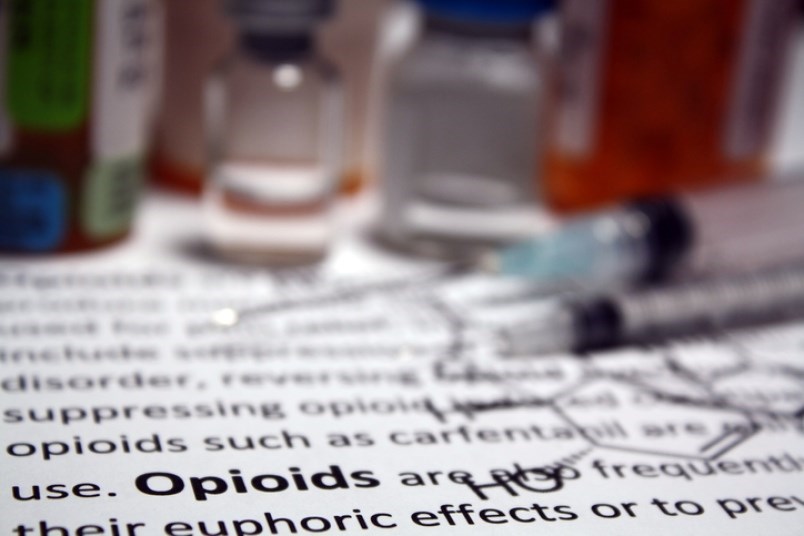B.C.’s second health emergency continues to take a toll on Tri-City residents as new figures show there were 46 toxic drug deaths in the local health area in 2020.
The number is higher than the 27 Coquitlam deaths for 2020 that had been previously reported for the year by the BC Coroners Service, suggesting 19 deaths took place in Port Coquitlam and Port Moody last year.
While Port Coquitlam and Port Moody toxic drug deaths are usually not reported separately (they are included in an other township category), the BC Coroner will now report local health area numbers every four months.
The toll of toxic drugs in the Tri-Cities is on pace with B.C.-wide numbers that show 2020 was a deadly year in the province, with 1,724 deaths, a 75% increase over the previous year.
Meanwhile 2021 is also shaping up to be deadly, as fentanyl and its analogues continue to be cut into the drug supply or are taken alone.
Already this year, there have been two toxic drug overdose deaths in Coquitlam, according to the BC Coroners Service.
THREE TIMES MORE MEN THAN WOMEN DIE OF TOXIC DRUG OVERDOSE
While the Tri-Cities Local Health Area experienced a significant number of overdose deaths last year, areas with the highest rates were Fort Nelson, Quesnel, Keremeos, Hope, and Prince George according to the BC Coroners. Cities with the most deaths were Surrey, Vancouver and Victoria.
The BC Coroners’ report sheds significant light on the toxic drug death problem in B.C.
For example, it shows that 58% of toxic drug deaths occurred in private residences, with more males (1,401) dying than females (323) in 2020.
In the Tri-Cities, the rate of death was 17.9 per 100,000 person years in 2020, compared to 7.9 in 2019 and 14.8 in 2018, 18.4 in 2017 and 9.4 in 2016.
PORT MOODY WOMEN AIMS TO EDUCATION YOUNG PEOPLE ABOUT B.C.'S TOXIC DRUG CRISIS
Meanwhile, one Port Moody woman is starting a team of volunteers who will educate Tri-City teens about B.C.’s toxic drug crisis and how to keep people safe.
Chloe Goodison, an SFU health sciences student, has won a $3,000 student engagement grant to begin the Fraser Health-approved training.
Interested volunteers can follow her on Instagram at @naloxhome or contact her via naloxhome@gmail.com for an interview.



